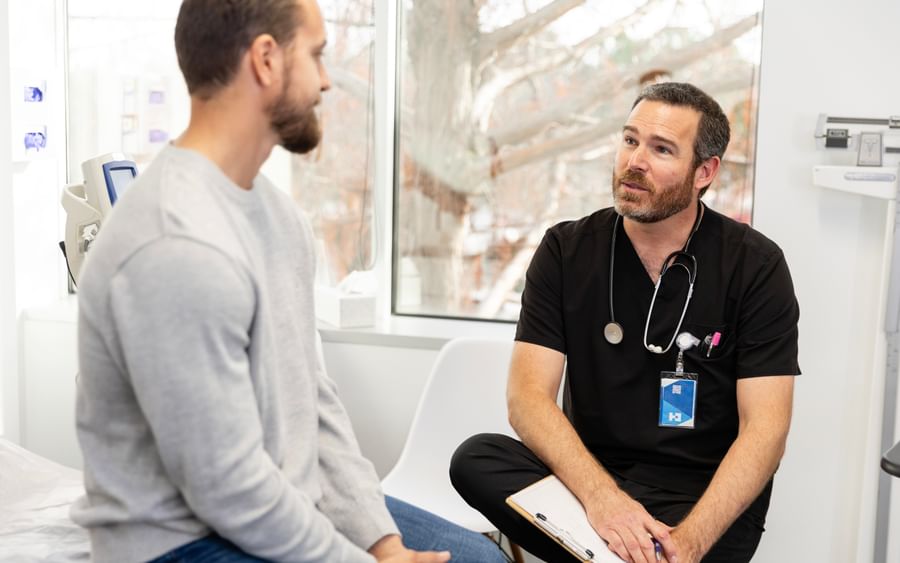What is hepatitis B?
Hepatitis B is a liver infection caused by the hepatitis B virus. Hepatitis B is passed from person to person and can lead to long-term liver disease, which can result in cirrhosis or liver cancer if not managed.
Hepatitis B is spread:
- from mother to child at birth or in early childhood from family members and other close contacts
- by sharing personal items such as razors or needles
- through vaginal, anal or oral sex without a condom/dental dam
- through unsterile tattooing or piercing.
It is estimated that around 200,385 Australians have chronic (long-term) hepatitis B infection, including about 10,181 people in South Australia.
Watch this video in your language:
Swahili Kiswahili, Tigrinya ትግርኛ, French Français, Somali Soomaali, Kirundi Ikirundi, Amharic አማርኛ, Arabic العربية
How does hepatitis B cause liver cancer?
Viral hepatitis infects the liver cells. When the body’s immune system attacks the virus, the liver becomes inflamed. If left untreated for more than six months, hepatitis B can lead to serious liver damage like cirrhosis (scarring of the liver), which increases the risk of primary liver cancer.
In 2023, hepatitis B was responsible for 460 deaths nationally, mostly due to liver cancer.
Vaccinating against hepatitis B
The most effective protection against hepatitis B is immunisation. Hepatitis B vaccination is given in three doses over six months. Protection is for life.
If you are unsure about your immunisation status, you will need to have a blood test. Ask your doctor to check for all three markers – hepatitis B surface antigens, hepatitis B surface antibodies and hepatitis B core antibodies.
Who should get the hepatitis B vaccine?
A hepatitis B vaccination is recommended for all infants and babies in Australia, and is provided for free under the National Immunisation Program. It has been offered to all babies at birth since 2000.
To further prevent the spread of hepatitis B, the hepatitis B vaccine is also recommended for:
- Aboriginal and Torres Strait Islander peoples
- people from countries with higher rates of hepatitis B, including North-East Asia, South-East Asia, and sub-Saharan Africa
- people who are immunocompromised
- people with medical risk factors such as chronic liver disease
- people whose occupation increases their risk of acquiring hepatitis B, including health care workers
- people travelling to countries with higher rates of hepatitis B
- people whose circumstances increase their risk including living with someone with hepatitis B
If you already have hepatitis, vaccination won’t be helpful, but you will usually have other tests to ensure you don’t develop cancer or other liver problems. It is important to continue monitoring your liver health, as advised by your doctor.
There is no vaccine for hepatitis C infection, but effective medicines are available and the virus can often be cured with oral antiviral treatment.
If you are unsure if you’ve been vaccinated for hepatitis B, or want to learn more, speak to your doctor.
Get support
If you have been diagnosed with hepatitis B and are worried about your cancer risk, you can speak to one of Cancer Council SA’s qualified health professionals on 13 11 20.


